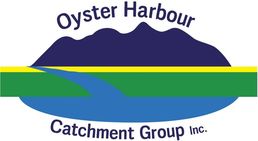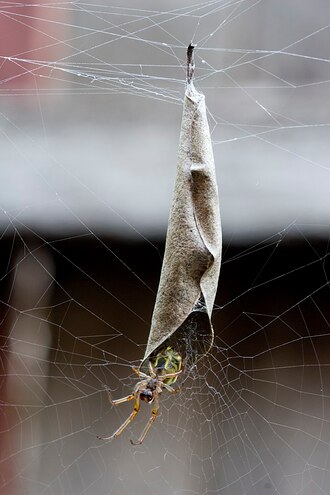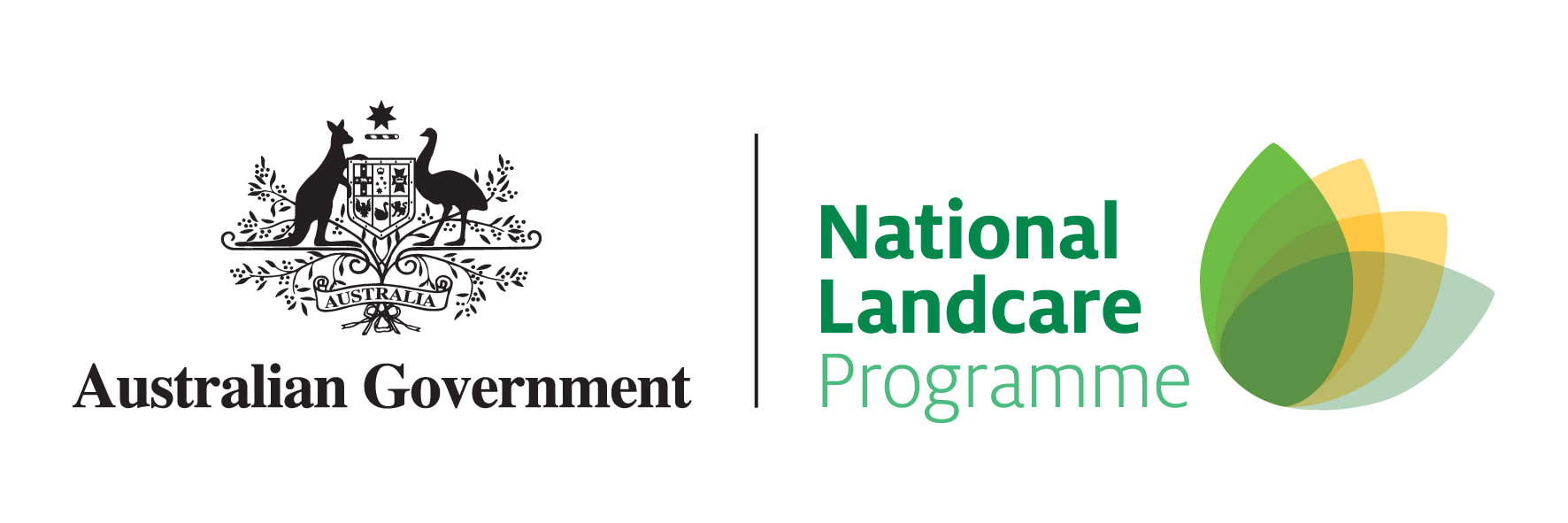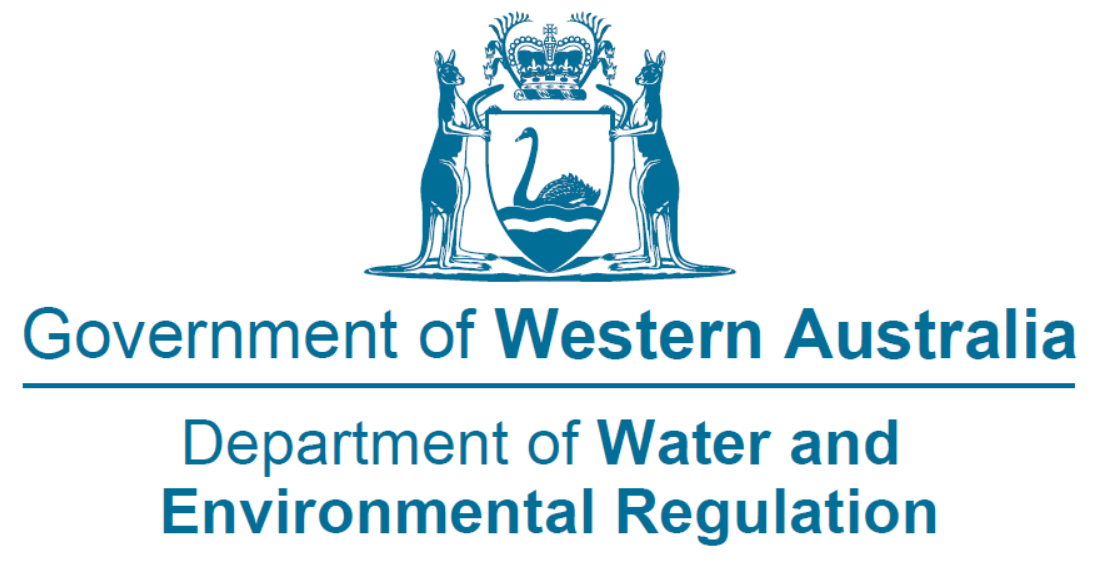Leaf-curling Spider
Phonognatha graeffei
These spiders cleverly weave a leaf or other object into the centre of their webs as a hide-away from birds and other predators. Leaves are curled to form a funnel that the spider can hide inside. They have also been seen to use old snail shells are discarded pieces of paper. This species is unusual among orb-weaving spiders because males cohabit in the leaf retreat with both immature and mature females, mating with the former shortly after the female molts. Cohabitation appears to be a form of mate-guarding.
https://findanexpert.unimelb.edu.au/scholarlywork/1012232-sexual-cohabitation-as-mate-guarding-in-the-leaf-curling-spider-phonognatha-graeffei-keyserling-(araneoidea--araneae)
https://findanexpert.unimelb.edu.au/scholarlywork/1012232-sexual-cohabitation-as-mate-guarding-in-the-leaf-curling-spider-phonognatha-graeffei-keyserling-(araneoidea--araneae)
Genus: Phonognatha South Pacific orb-weaver spiders first described by Eugène Simon in 1895 thought to be part of the long-jawed orb weavers genus but was moved to Araneidae in 2008.
We acknowledge the Minang and Koreng people as the traditional custodians of the land on which we work and live. We pay our respects to the Elders, past, present, and emerging and to the wider Noongar community.
Sponsors and Supporters












